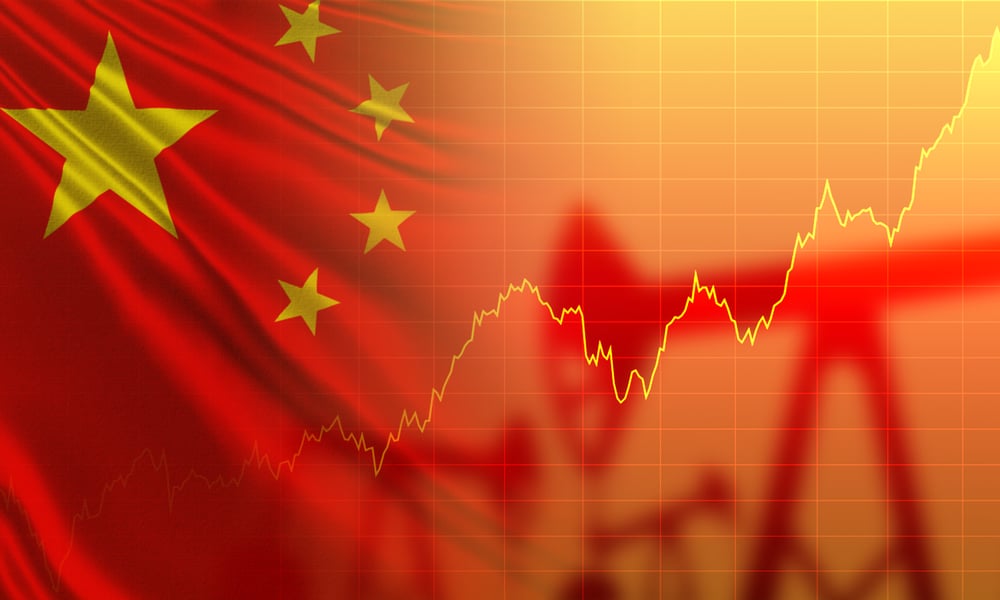
China’s Economic Collapse Raises Concerns Over Taiwan’s Safety
In a recent statement, the Republican chair of a U.S. congressional committee on China, Mike Gallagher, has expressed concerns over China’s economic collapse and its potential implications for Taiwan. This viewpoint starkly contrasts with President Joe Biden’s assertion. The latter stated that economic troubles in new China make military action against Taiwan less likely.
Biden Dismisses Invasion Fears
President Biden, during his recent trip to Asia, labelled China’s economic issues as a “crisis.” He also expressed his belief that new China might lack the “same capacity” it once had for such military ventures. That is making an invasion of Taiwan less likely.
Gallagher’s Perspective
Mike Gallagher, chair of the U.S. House of Representatives’ select committee on competition with China, voiced an alternative viewpoint. He emphasized that he did not intend to criticize the Biden administration. However, he believes that new China’s economic and demographic challenges could push Chinese President Xi Jinping towards riskier decisions. In essence, Gallagher suggested that Xi might become more unpredictable and potentially engage in unwise actions, including military aggression towards Taiwan.
China’s Military Buildup
In recent years, China has significantly increased its military activity near Taiwan, which it considers part of its territory. U.S. Central Intelligence Agency Director William Burns even suggested that Xi had instructed his armed forces to be ready to invade by 2027, though no specific order had been given yet.
China Disputes Economic Crisis Claims
China’s foreign ministry has vehemently denied claims of a China collapse, stating that new China’s economy has not collapsed. Officials from various countries, including the United States and Australia, have expressed concerns about China’s banking crisis and the potential impact on their own economies. President Biden’s characterization of it as a “crisis” and Australian Treasurer Jim Chalmers’ worries about the potential repercussions have added to these concerns.
China’s Response
Mao Ning, a Chinese foreign ministry spokesperson, refuted these claims, stating that new China’s economy had great potential and that the fundamentals of long-term improvement had not changed. She emphasized that China was confident and capable of promoting sustained and healthy economic development.
Economic Challenges Persist
China’s banking crisis has added to the economic challenges faced by new China. Its economic recovery, initially robust in the first quarter after three years of strict COVID-19 restrictions, has lost momentum. Factors such as weak consumer spending and a deepening property downturn, coupled with the impact of the China special economic zones, have contributed to this slowdown. Analysts predict a 5.0% growth rate for the year, down from the 5.5% forecasted earlier in the year.
In conclusion, the growing concerns about China’s economic collapse and their potential impact on Taiwan are indicative of the complex geopolitical landscape in Asia. While President Biden downplays the possibility of military action, Mike Gallagher’s warning highlights the uncertainties surrounding new China’s future actions in the face of economic challenges, including China’s banking crisis and the role of China’s special economic zones. The world watches closely, hoping for a peaceful resolution to these tensions.


